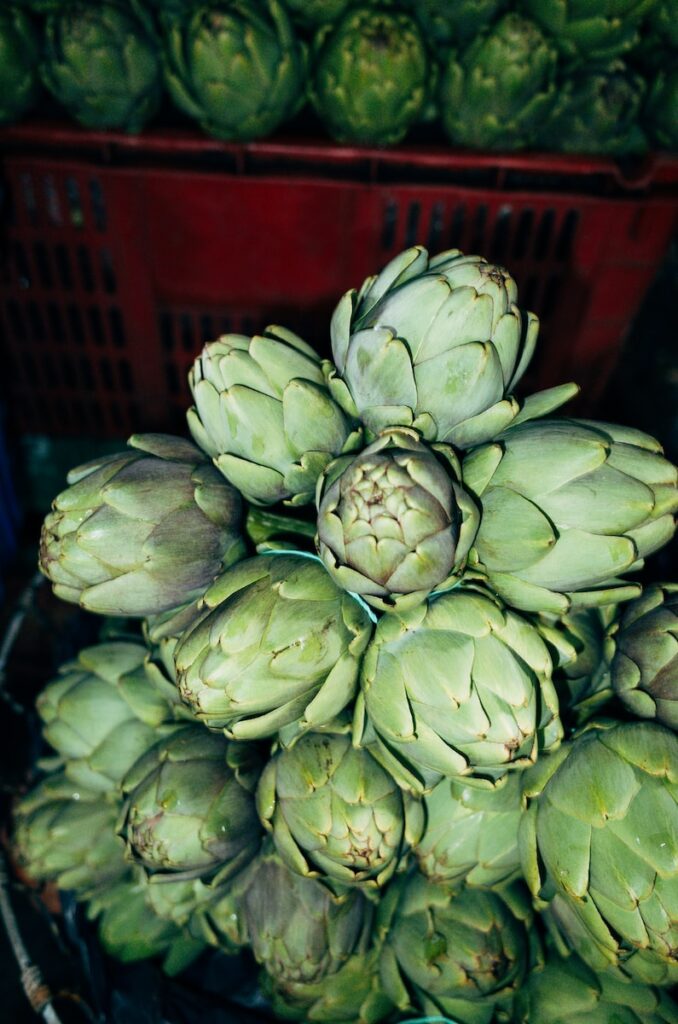
Liver Tonic
Artichoke is rich in many antioxidants including quercertin, rutin, anthocyanins, cynarin, luteolin and silymarin. Cynarin and in particular, silymarin are very beneficial to the liver. Studies have found that these antioxidants might assist in liver tissue regeneration and artichoke has been used in alternatrive medicine for liver ailments. Moreover, Silymarin (also found in Milk Thistle) may also help control blood sugar in type II diabetics.
Lower Blood Fat Levels
The antioxidants in the Artichoke not only nourish the liver, but also help to lower fat levels in the blood. A revitalise liver would release more bile that might minimise fat in the blood. Bile is a fat emulsifier, helping to breakdown fat resulting in less fat being absorbed in the blood.
Improve Digestion
Artichoke is a natural diuretic. It aids digestion and improve gallbladder function.Cholesterol Control
Cholesterol Control
Artichoke’s composition has been shown to inhibite HMG-CoA Reductase, essentially helps to reduce the production of LDL (bad) cholesterol, but increase the HDL (good) cholesterol.
Rich in Dietary Fibre, Vitamins and Minerals
Artichoke is high in dietary fibre (about 5.4g per 100g) and rich in vitamin C, folic acid, and vitamin K; minerals and trace elements like potassium, magnesium, copper, calcium, iron, manganese, phosphorus. Potassium is an important component of cell and body fluids that helps to counter the ill effects of sodium, controlling heart rate and blood pressure. Vitamin K plays an important role in maintaining bone health by promoting bone formation activity (so called osteotropic). Adequate vitamin K in the diet also helps to prevent neuronal damage, as in the case of patients suffering from Alzheimer’s disease.
